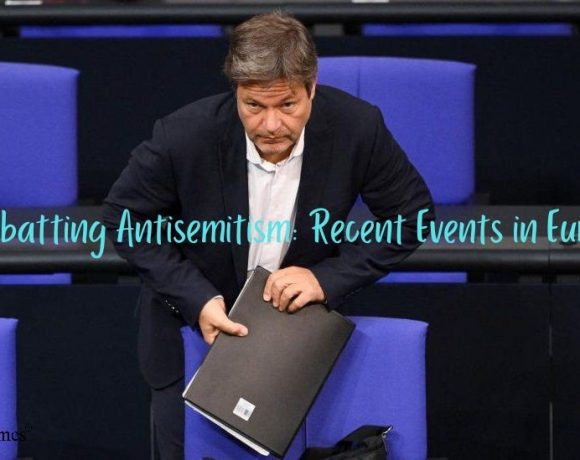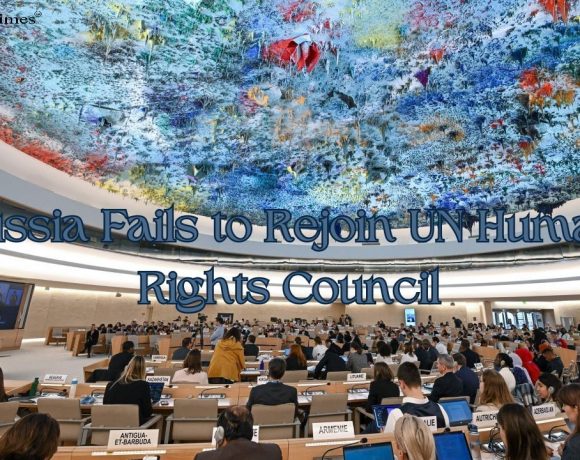
German Vice-Chancellor Robert Habeck has pledged a strong political response to the rise of antisemitism in the country. He addressed various sources of antisemitism, including Islamists, the far right, and segments of the political left, in a widely viewed video that garnered significant attention in Germany.
Antisemitic incidents in Germany have surged in the aftermath of the 7th of October attacks in Israel, during which Hamas militants killed 1,400 Israelis and took more than 230 hostages. In response, Israel initiated a military campaign aimed at destroying Hamas, resulting in significant casualties.
Habeck’s video emphasized the need to protect Jewish communities and condemned actions such as burning the Israeli flag or supporting Hamas, which are considered crimes under German law. He called for legal consequences, including possible deportation, for those involved in such activities.
While some praised Habeck’s address as a comprehensive assessment of the situation, others criticized him for suggesting that Muslim migrants and refugees were responsible for bringing antisemitism into Europe.
Germany’s Interior Minister announced a ban on all activities linked to Hamas and a pro-Palestinian network called Samidoun, citing their anti-Israel and anti-Jewish propaganda. The move was intended to facilitate interventions in gatherings of their supporters.
Antisemitic incidents have increased by 240% in Germany since the Hamas attacks, with reports of vandalism and attacks on Jewish-owned properties. Similar incidents have also been reported in neighboring Austria.
In France, a Moldovan couple was detained for spray-painting Stars of David on walls in Paris. They claimed to have acted on behalf of a third party and are now facing expulsion. Prosecutors are investigating whether the tags were intended as an insult to the Jewish community.
Picture Courtesy: Google/images are subject to copyright

